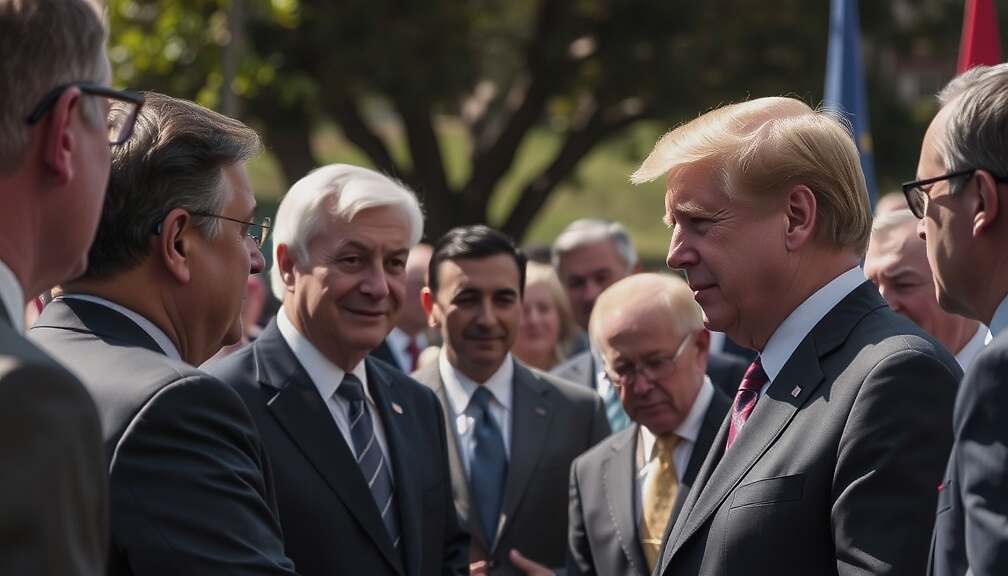German Chancellor Friedrich Merz, representing the Christian Democratic Union (CDU), championed Germany’s approach to climate change mitigation at a recent gathering of heads of state and government preceding the upcoming World Climate Conference in Belém, Brazil. His presentation, delivered to a noticeably sparse audience, highlighted a strategy centered on innovation and technological advancement, seemingly emphasizing a departure from more radical decarbonization pathways.
While acknowledging the need for broader support, Merz stressed that successful climate action requires a delicate balance – entrepreneurial ingenuity, accelerated political action and crucially, widespread societal acceptance. He underscored concerns surrounding energy security and affordability, effectively signaling a reluctance to pursue policies that could significantly raise energy costs for consumers and industry.
The Chancellor’s remarks on carbon pricing were particularly noteworthy. While recognizing its potential role as “a central building block” in the necessary transformation, he insisted it must remain “technology-open”. This phrasing is being interpreted by some analysts as an attempt to hedge against policies that might disadvantage certain industries or constrain technological development – a subtle nod to the ongoing debate surrounding green hydrogen production and the viability of alternative energy sources.
Merz’s call for a “great common global effort” to address the climate crisis carried a conditional element. He asserted that nations “with economic capabilities and high emissions” including Germany, bear a responsibility to contribute. However, he emphasized the necessity of a dependable financial framework and investment certainty to unlock private capital mobilization, implicitly placing the onus on international agreement and financial commitments alongside national action.
Critics argue that Merz’s emphasis on technology-driven solutions and investment security risks downplaying the scale and urgency of the climate challenge, potentially delaying crucial immediate action and placing undue weight on future technological breakthroughs. The comparatively low attendance at his presentation also raises questions about international reception to Germany’s declared climate policy direction. The coming weeks at the World Climate Conference will be critical in determining whether Germany’s strategy gains broader endorsement or faces intensified pressure to adopt more ambitious measures.












